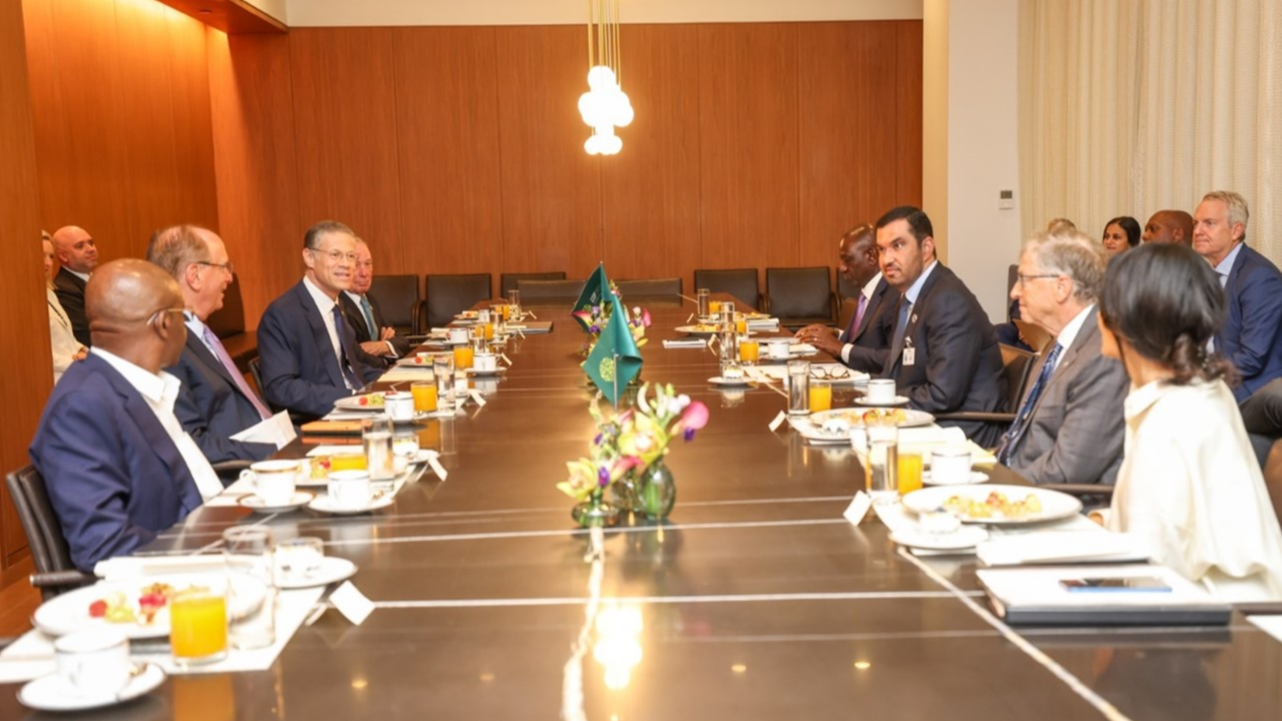
American technology companies are welcome to establish regional offices and manufacturing facilities in Kenya, according to President Dr. William Ruto. According to the President, Kenya offers a climate that is favorable for manufacturing and technological investments.
While speaking to the Chief Executive Officers Tim Cook from Apple, Patrick Gelsinger from Intel, Google’s Chief Financial Officer of Alphabet Ruth Porat, Microsoft COO’s Brad Smith and other executives from Microsoft, Nike, GAP and Levi Strauss in San Francisco, United States.
The President said that Kenya is a great place to invest because it has all the right ingredients: a strong economy, a culture of entrepreneurship, security, and innovation; a competent labor force; technological know-how; a commitment to green energy; and a gateway for six undersea fiber-optic cables that provide dependable data connectivity.
In order to boost their trust in Kenya, he gave the investors the assurance that the Government will carefully investigate and answer any issues they may have. American businesses showed faith in the nation as a prime location for investments.
In terms of broadband connectivity, general ICT infrastructure, value-added services (VAS), mobile money, mobile banking, and FinTech services, Kenya is the region's ICT hub for East Africa. The ICT industry is expected to contribute up to 7% of the nation's GDP through IT-enabled services. Internet connectivity has continued to fuel economic expansion, which has helped the government create the Digital Economy Blueprint, a framework to increase Kenya's capacity to outpace regional economic expansion.
To support the growth of Kenya's digital economy and keep pace with technology improvements throughout the world, the government introduced its ten-year Digital Masterplan 2022–2032 in April 2022. The digital masterplan identifies four important pillars: fostering digital innovation for entrepreneurship, digital infrastructure, digital services and data management, and digital skills. The creation of a legal, policy, and regulatory framework, research and development, information security and cyber management, and new technologies are additional key priority topics listed in the master plan.
